Your cart is currently empty!
Tag: External Experts
-
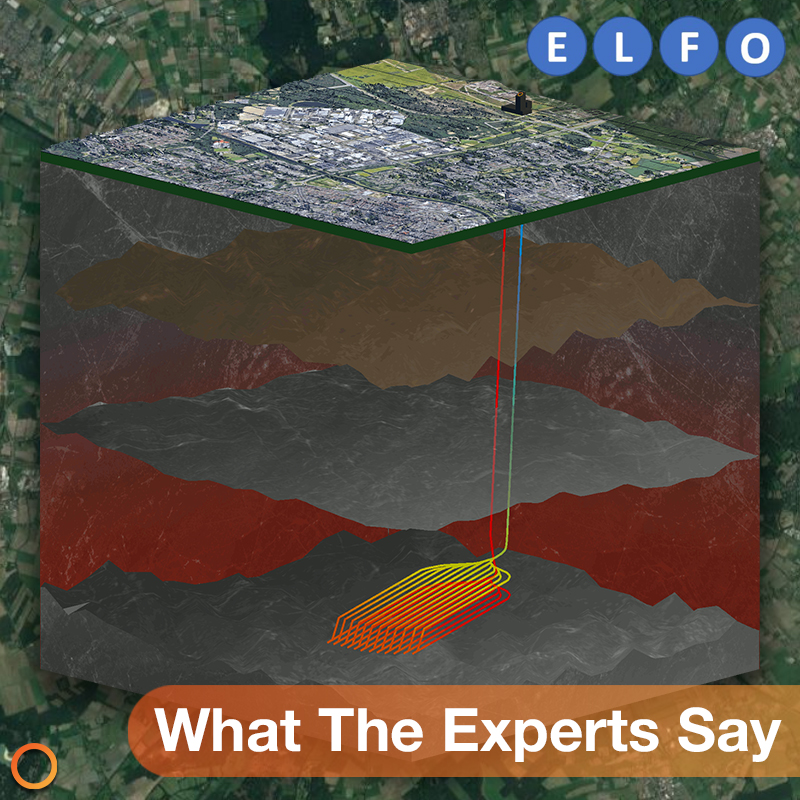
Eavor-Loop™ Feasibility for Tilburg (Amer network) and Outlook for application in the Netherlands
The energy generation and consumption in the Netherlands is slowly but steadily shifting away from fossil fuels towards renewable energy sources, such as offshore wind, and solar, thereby reducing greenhouse gas emissions. In order to improve renewable energy security and affordability, other sources of renewable energy, like geothermal energy, need to become part of the…
-
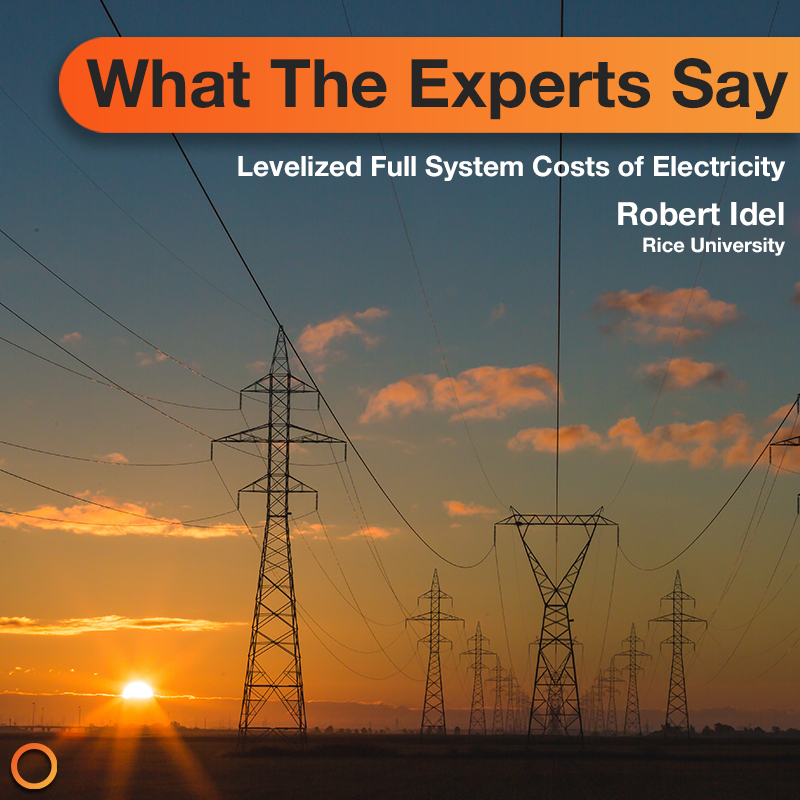
Levelized Full System Costs of Electricity
Different electricity generating technologies are often compared using the Levelized Costs of Electricity (LCOE), which summarize different ratios of fixed to variable costs into a single cost metric. They have been criticized for ignoring the effects of intermittency and non-dispatchability. This paper introduces the Levelized Full System Costs of Electricity (LFSCOE), a novel cost evaluation…
-
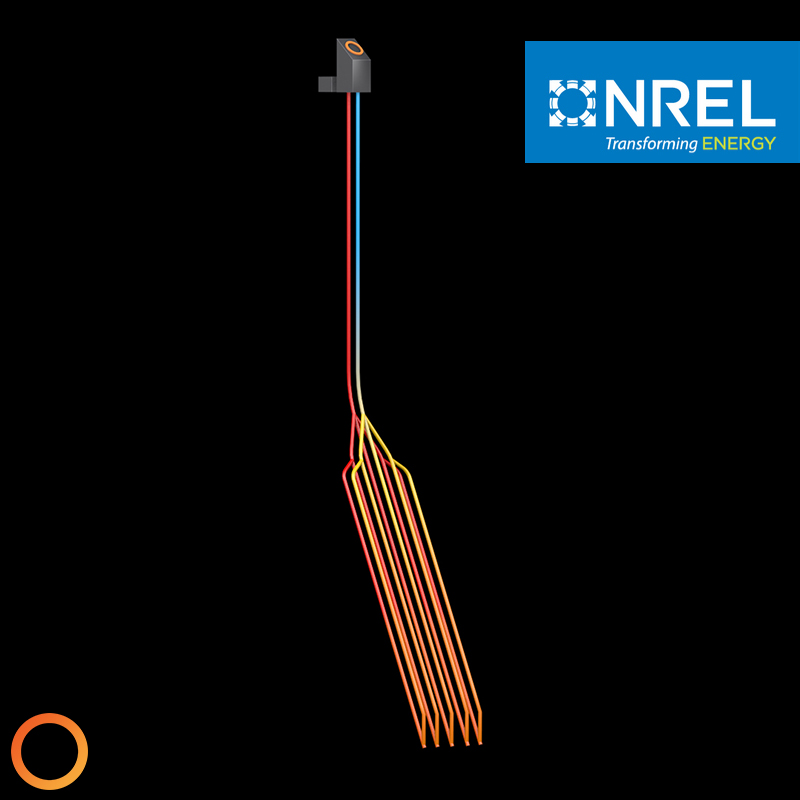
NREL – Techno-economic performance of Eavor-Loop 2.0
This project evaluated techno-economic performance for a sample Eavor-Loop 2.0 design for electricity production and direct-use heating. The Eavor-Loop 2.0 design investigated is a 7.5-km deep closed-loop geothermal system consisting of 12 laterals for a total of more than 90 km of downhole well and lateral length.
-
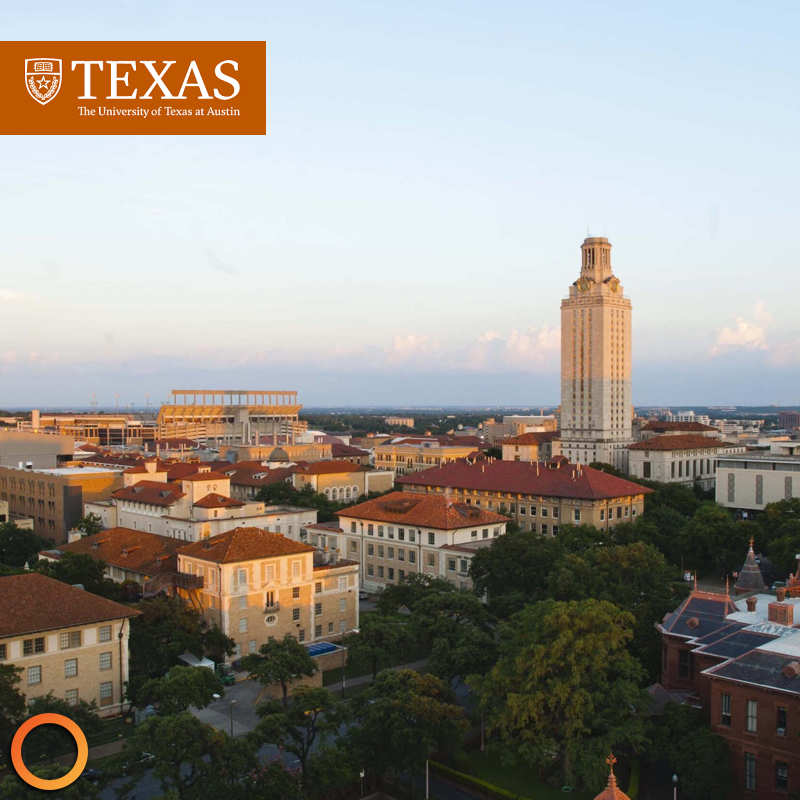
UT Austin – Managed pressure control of deep closed-loop well construction and operation
To allow drilling and exploitation of deep CLGS wells, an integrated managed pressure operation (MPO) concept is presented.
-

Stanford/Princeton – California needs clean firm power, and so does the rest of the world
Three detailed models of the future of California’s power system all show that California needs carbon-free electricity sources that don’t depend on the weather.
-
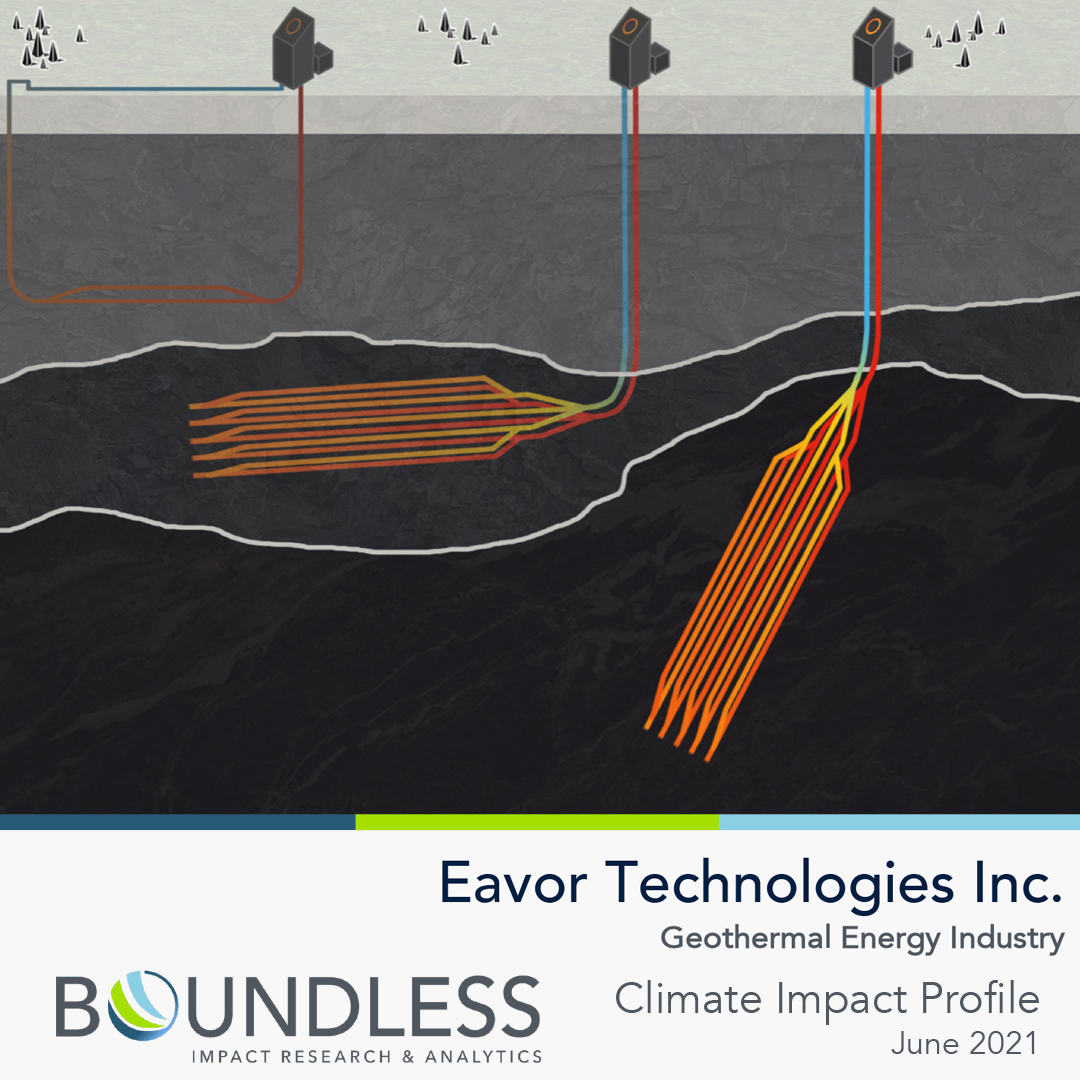
Boundless – Eavor-Loop™ Climate Impact
This profile compares Eavor’s geothermal electricity generation technology against competing electricity generation systems, such as large-scale solar systems with integrated battery-energy storage systems (BESSs), with integrated natural gas turbines (NGTs), or with both.
-
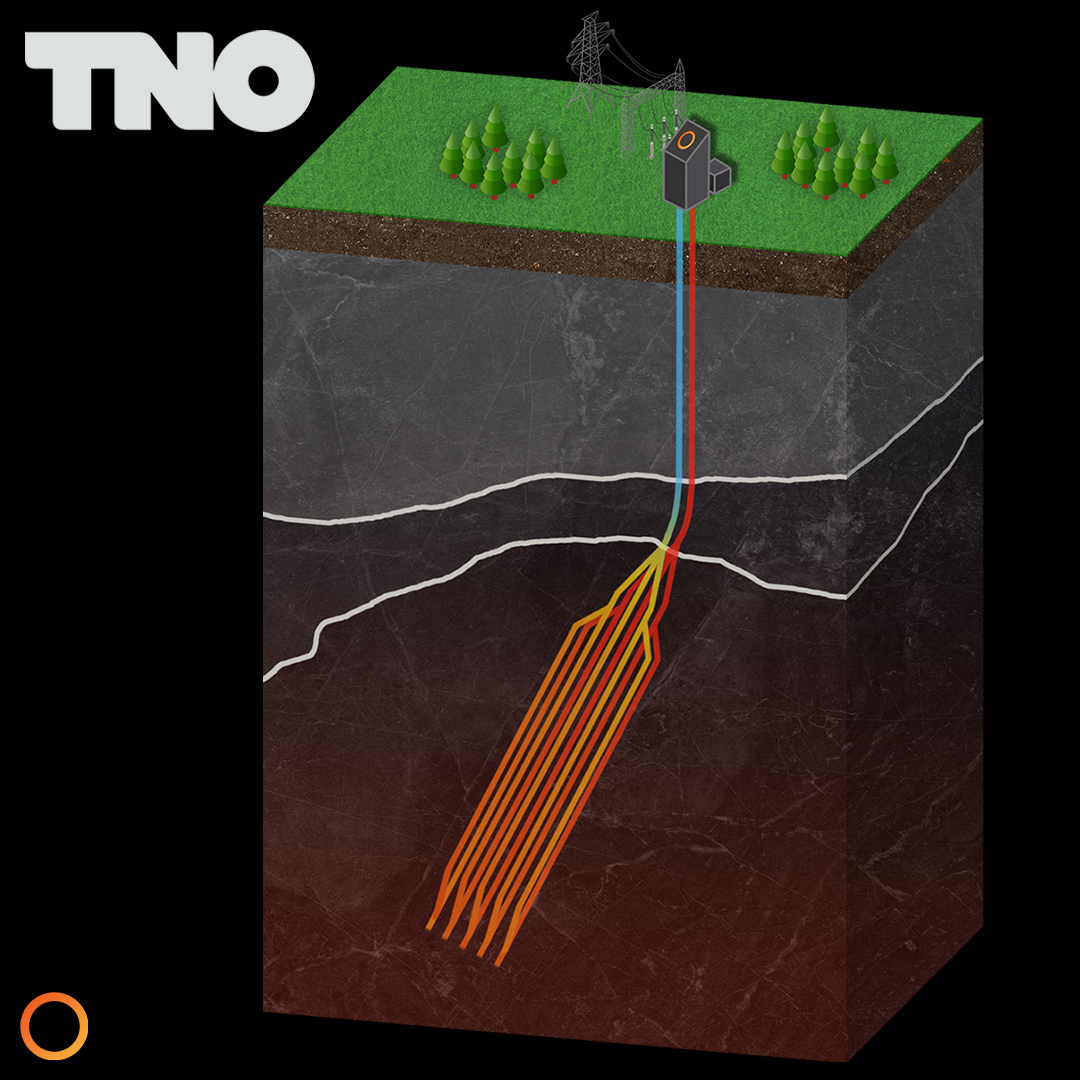
TNO – Eavor-Loop™ Audit Report
Eavor has proposed an innovative well design for geothermal energy production, the Eavor-Loop™ . The Eavor Loop consists of a closed loop system, in which heat is extracted from the deep subsurface through multi lateral wells acting as effective heat exchangers.
-
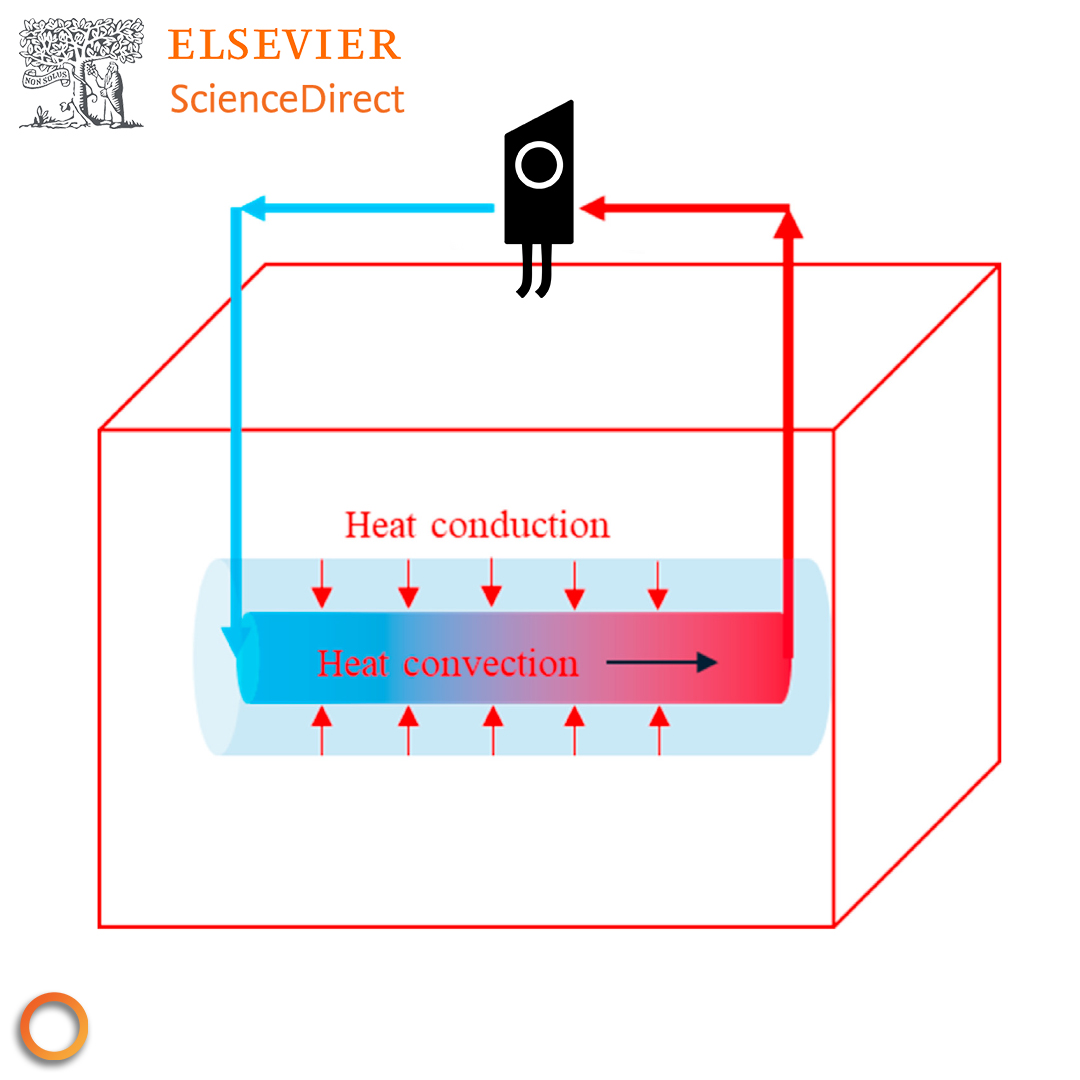
Geological Survey of Canada – Closed-loop geothermal energy recovery from deep high enthalpy systems
Closed-loop geothermal energy recovery technology has advantages of being independent of reservoir fluid and permeability, experiencing less parasitic load from pumps, and being technologically ready and widely used for heat exchange in shallow geothermal systems.
-

UT Austin – Constructing deep closed-loop geothermal wells for globally scalable energy production
Constructing Deep Closed-Loop Geothermal Wells for Globally Scalable Energy Production by Leveraging Oil and Gas ERD and HPHT Well Construction Expertise.
-

UT Austin – Globally scalable geothermal energy production through deep closed-loop systems
Globally scalable geothermal energy production through managed pressure operation control of deep closed-loop well systems.
-
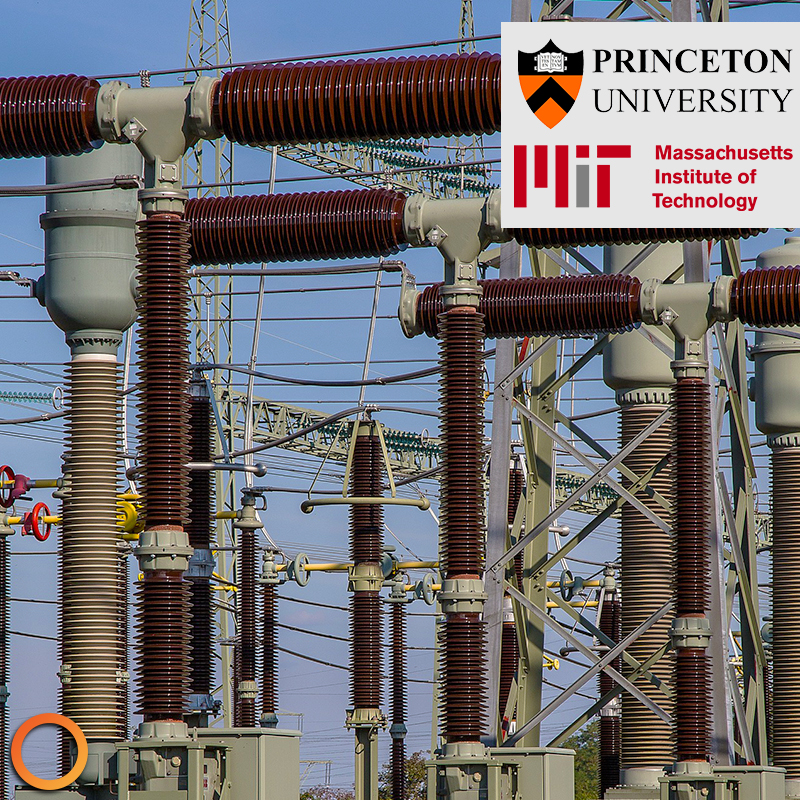
MIT/Princeton – The role of firm low carbon electricity resources in deep decarbonization of power generation
Full decarbonization of the electricity sector is critical to global climate mitigation. Across a wide range of sensitivities, firm low-carbon resource —including nuclear power, bioenergy, and natural gas plants that capture CO2—consistently lower the cost of decarbonizing electricity generation.












